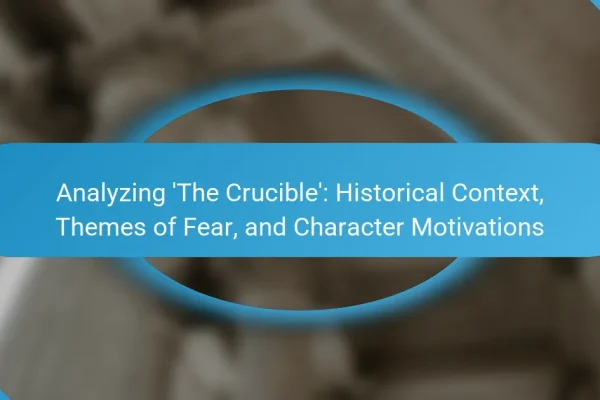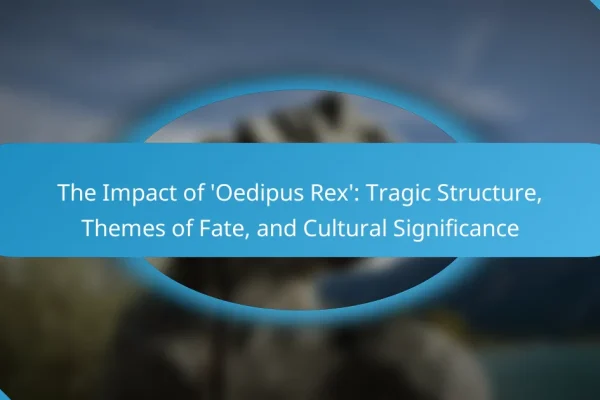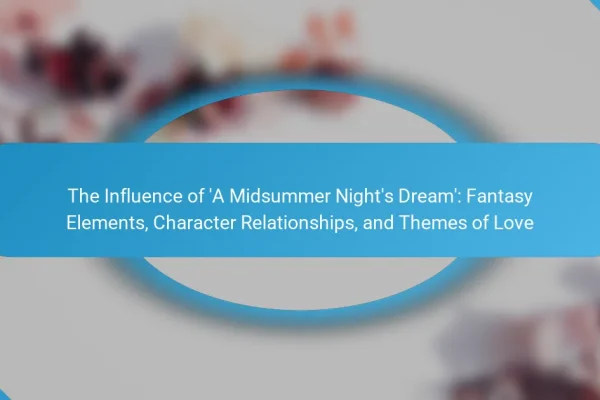
Analyzing ‘The Crucible’: Historical Context, Themes of Fear, and Character Motivations
‘The Crucible’ is a play by Arthur Miller that explores the Salem witch trials of 1692, a period characterized by mass hysteria and societal paranoia driven by Puritan beliefs. The article analyzes the historical context of the trials, drawing parallels to the McCarthy hearings during the Red Scare in the 1950s, highlighting themes of fear,…

